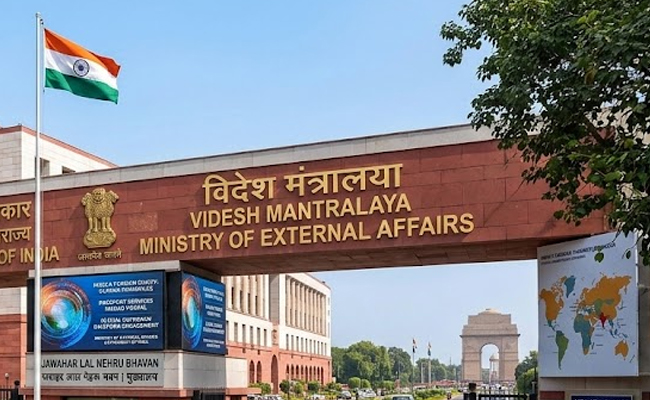Washington, Aug 15: July 2019 temperatures were the hottest ever recorded globally, the US National Oceanic and Atmospheric Administration (NOAA) said Thursday, confirming earlier observations by the European Union.
"Much of the planet sweltered in unprecedented heat in July, as temperatures soared to new heights in the hottest month ever recorded. The record warmth also shrank Arctic and Antarctic sea ice to historic lows," the agency said.
According to the NOAA, the average global temperature in July was 0.95 degrees Celsius (1.71 degrees Fahrenheit) above the 20th century average of 15.8 degrees Celsius (60.4 Fahrenheit), making it the hottest July in its records, which go back to 1880.
The previous hottest month on record was July 2016.
"Nine of the 10 hottest Julys have occurred since 2005-with the last five years ranking as the five hottest," the NOAA said.
Alaska had its hottest July since it began keeping records in 2005, several countries in Europe saw new temperature records, and it was also the hottest month ever across Africa as a whole.
Average Arctic sea ice meanwhile set a record low for July, running 19.8 percent below average, and surpassing the previous historic low of July 2012 according to an analysis by the National Snow and Ice Data Center using data from NOAA and NASA.
Average Antarctic sea ice was 4.3 percent below the 1981-2010 average, making it the smallest for July in the 41-year record.
Let the Truth be known. If you read VB and like VB, please be a VB Supporter and Help us deliver the Truth to one and all.
Palamaneru (Andhra Pradesh) (PTI): Five members of a family from Bengaluru died on the spot after the car in which they were travelling to Tirupati rammed into a stationary truck in Chittoor district on Wednesday, a police official said.
The deceased included three women, and the accident occurred on the four-lane highway near Palamaneru at around 8.45 am on Wednesday, police said.
"Five members of a family travelling from Bengaluru to Tirupati were killed on the spot when their car rammed into a stationary truck near Palamaneru," the official told PTI.
According to police, the accident is suspected to have occurred due to overspeeding and the driver possibly feeling sleepy.
Meanwhile, relatives of the deceased have been informed and are on their way to the accident site, the official added.





